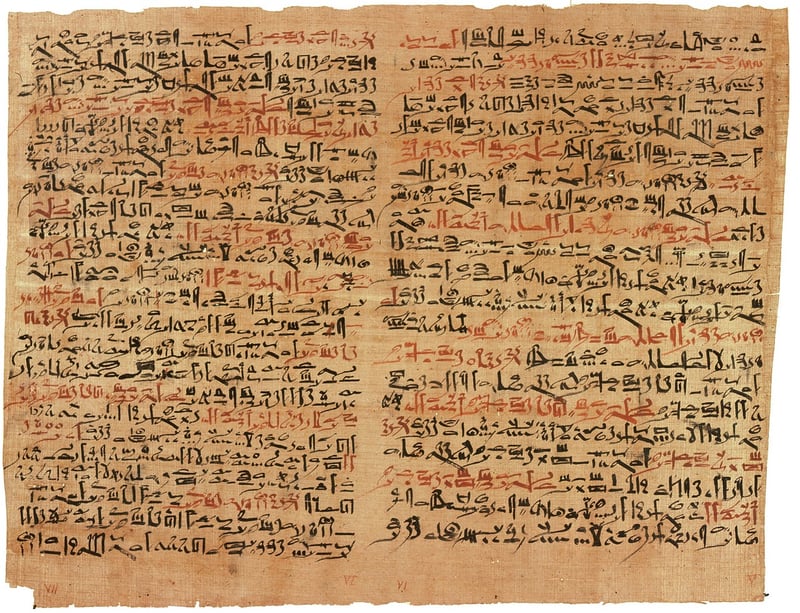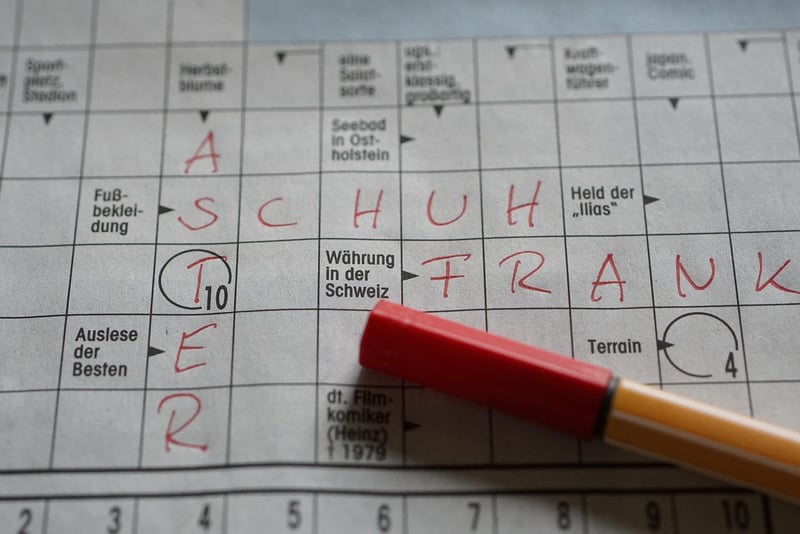Ancient Riddles
Unearth Secrets from History with Ancient Riddles
Delve into the mysterious world of ancient riddles and unlock the secrets of history hidden within them. Throughout the ages, civilizations have used riddles to pass down knowledge, convey messages, and challenge the intellect of those seeking wisdom. Let's embark on a journey to unravel the enigmas of the past and discover the fascinating stories they hold.
The Power of Ancient Riddles
Ancient riddles served as more than just brain teasers - they were a means of preserving cultural heritage, transmitting important information, and safeguarding valuable secrets. From the Sphinx's famous riddle in Greek mythology to riddles inscribed on ancient artifacts, these puzzles offer insight into the beliefs, values, and customs of bygone civilizations.
Decoding History through Riddles
By deciphering ancient riddles, historians and archaeologists have pieced together puzzles that shed light on historical events, forgotten languages, and cryptic symbols. These linguistic enigmas provide a unique window into the past, allowing us to connect with our ancestors and understand the world through their eyes.
Exploring Ancient Riddles
Are you ready to test your wits and unravel the mysteries of history? Explore the following ancient riddles and see if you can crack their hidden meanings:
- What has a head, a tail, is brown, and has no legs?
- I speak without a mouth and hear without ears. I have no body, but I come alive with the wind. What am I?
- The more you take, the more you leave behind. What am I?
Unveiling the Truth
Ancient riddles are like time capsules waiting to be opened, offering us a glimpse into the past and challenging us to think beyond the obvious. By engaging with these puzzles, we not only exercise our minds but also connect with the rich tapestry of human history woven through the ages.
So, gather your curiosity, sharpen your intellect, and embark on a quest to unearth the secrets of history through the captivating world of ancient riddles.

Image Source: Pixabay
